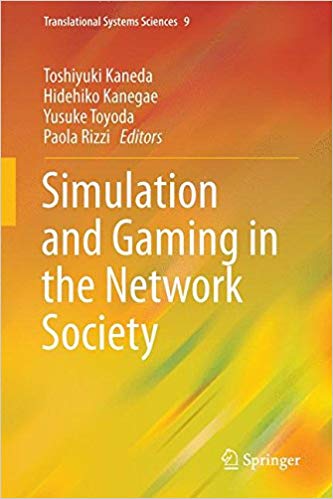
Knowledge Brokers in Action. A Game-Based Approach for Strengthening Evidence-Based Policies
Public policies need research results in order to effectively address the complex socioeconomic challenges (so-called evidence-based policies). However there is a clear gap between producing scientific expertise and using it in public decision-making. This “know-do” gap is common in all policy areas. Knowledge brokering is a new and promising practice for tackling the challenge of evidence use. It means that selected civil servants play the role of intermediaries who steer the flow of knowledge between its producers (experts and researchers) and users (decision-makers and public managers). Knowledge brokering requires a specific combination of skills that can be learned effectively only by experience. However this is very challenging in the public sector. Experiential learning requires learning from own actions – often own mistakes, while public institutions tend to avoid risk and are naturally concerned with the costs of potential errors. Therefore, a special approach is required to teach civil servants.
This chapter addresses the question of how to develop knowledge brokering skills for civil servants working in analytical units. It reports on the application of a simulation game to teach civil servants through experiential learning in a risk-free environment. The chapter (1) introduces the concept of knowledge brokering, (2) shows how it was translated into a game design and applied in the teaching process of civil servants, and (3) reflects on further improvement. It concludes that serious game simulation is a promising tool for teaching knowledge brokering to public policy practitioners.




